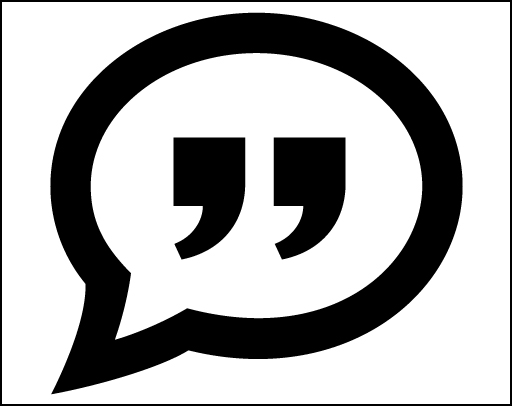“It’s like it’s back to the ’70s, when we just had radios and a loudspeaker. We just heard whatever (the government) said and we had no choice.”
Liu Jun, a Hong Kong resident who grew up in Xinjiang. Since her hometown can’t receive overseas calls, she now must cross the border to the mainland just to telephone her parents. Authorities unplugged Xinjiang, (an area three times the size of Texas), in an attempt to prevent a repeat of the ethnic rioting between the Han Chinese majority and the mainly Muslim Uighur minority that the government says left almost 200 dead. China’s government blamed overseas activists for the riots, saying they stirred up resentment in the Uighur community through Web sites and e-mails. Xinjiang now has no e-mail. No blogs. No instant messaging. The government this month promised Internet access would resume “gradually,” but it also said the same thing in July and not much has changed. So far, only four restricted Web sites, half of them state-run media, have returned.
(Read the story here.)
Recent Quotes of the Week

105-year-old Frenchman sets cycling record
January 17, 2017

Observations from Thomas Sowell
January 10, 2017

Ukrainian soldier on the front lines
December 6, 2016
